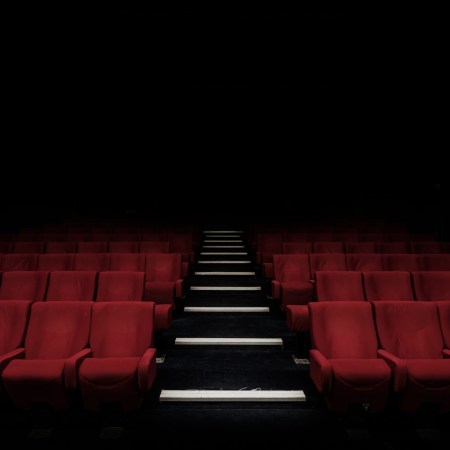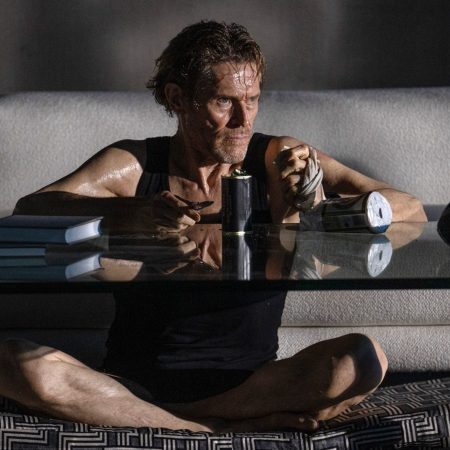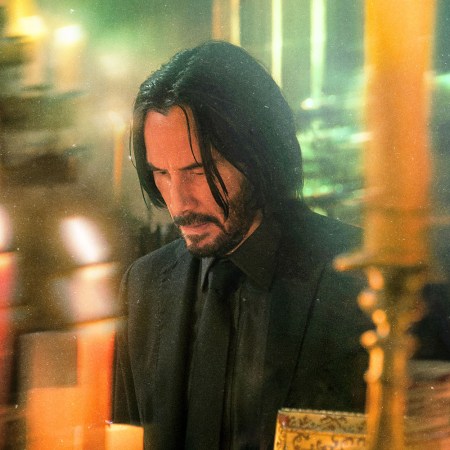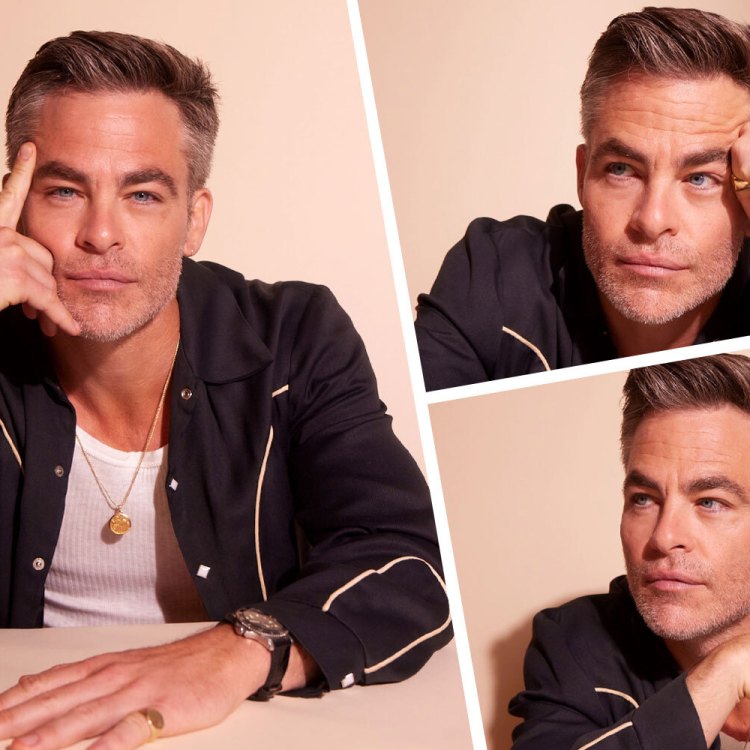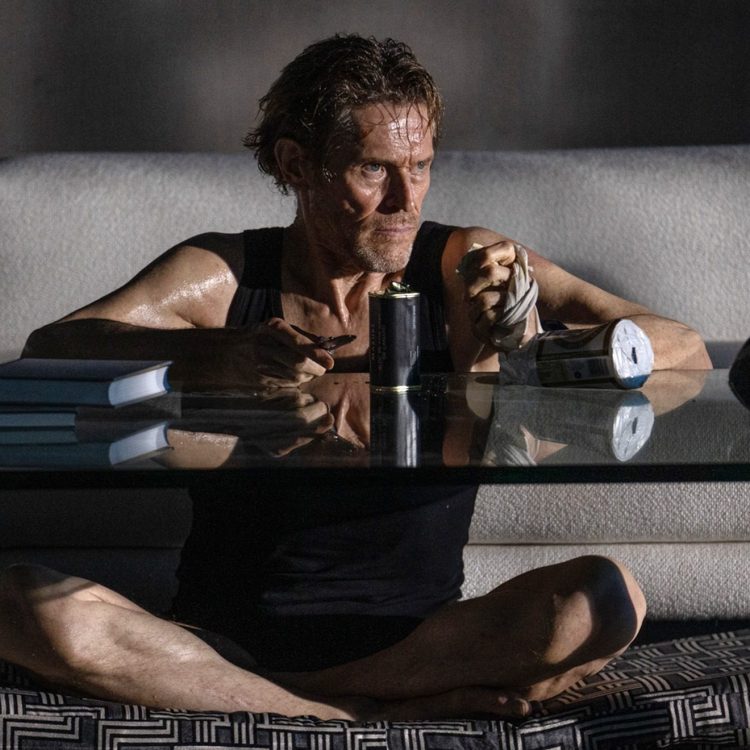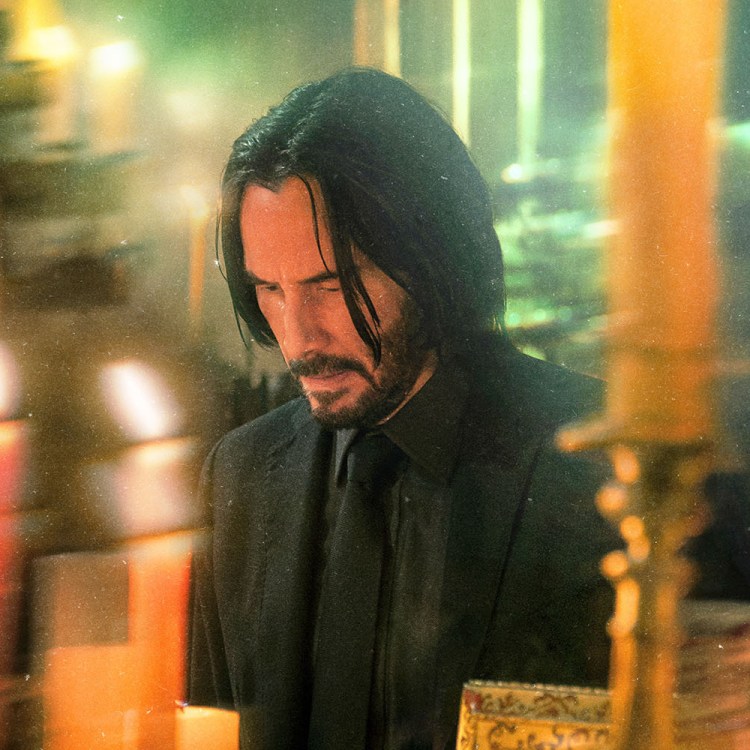As the year begins to wind down, a particular aspect of online discourse is ramping up — which is to say, heated debate over the presence of “nepo babies” in the entertainment industry. Vulture dedicated an array of features to the subject — and discussed the permutations of the category, which encompasses everyone from Margaret Qualley to the guys from Please Don’t Destroy.
On one hand, it can seem as though more and more high-profile actors these days are the children of high-profile actors. On the other hand, as a recent Hyperallergic article pointed out, this isn’t exactly a new phenomenon. And as the concept has begun to become more hotly debated, it’s also sparked commentary from some of the people who have become embroiled in, shall we say, the discourse.
That includes Jamie Lee Curtis — who has been doing memorable work on screen for decades, and who is herself the child of two prominent actors. As The Hollywood Reporter noted, Curtis recently took to Instagram to express her frustration with the “nepo baby” discussion — and offered a nuanced take on the subject.
“The current conversation about nepo babies is just designed to try to diminish and denigrate and hurt,” Curtis wrote.
“For the record I have navigated 44 years with the advantages my associated and reflected fame brought me, I don’t pretend there aren’t any, that try to tell me that I have no value on my own.”
“It’s curious how we immediately make assumptions and snide remarks that someone related to someone else who is famous in their field for their art, would somehow have no talent whatsoever,” Curtis continued.
Some of the “nepo baby” discussion feels of a piece with the national conversation about class and privilege that’s come to the foreground in recent years. Curtis’s acknowledgement of her self-described “advantages” fit neatly into this. But that also leads to a larger question about the aforementioned discourse, which is to wonder where we go from here. Is this (metaphorical) conversation building to anything larger about privilege and power — or is it just going to end up as an easy way to write off artists someone doesn’t particularly like?
Thanks for reading InsideHook. Sign up for our daily newsletter and be in the know.

